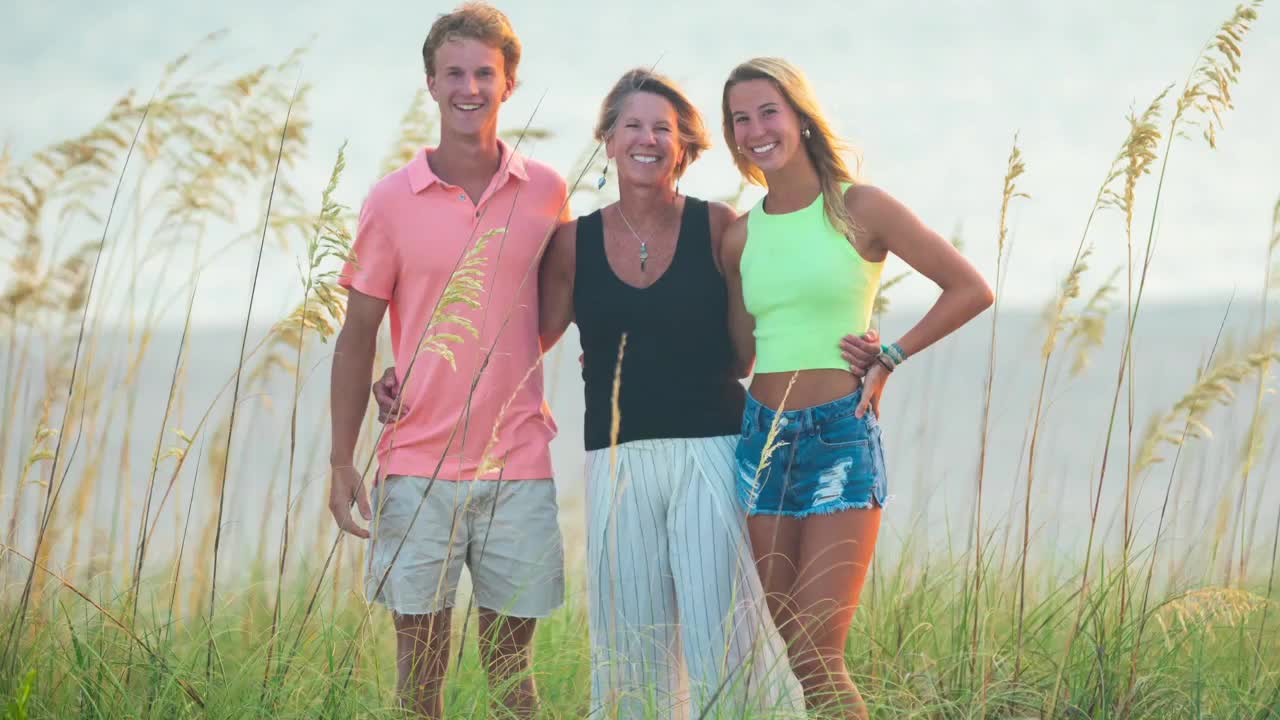SALT LAKE CITY, Utah — The sister of Ian Stasko, one of two hunters who died in a lightning strike in the Colorado wilderness, has plenty of memories of her brother, which she shared with Scripps News Group Salt Lake City this week.
"The river we'd go fishing at every time — he'd ring up rope swings from countless trees," Dylan Stasko said. "Within the two miles we live in, (he would) go find snowy hills to go sledding on. It was like everything was truly an adventure with him."
Stasko lived in Salt Lake City and loved the outdoors and exploring, and was curious and kind.
"He was always looking for the best in people and the next thing to do," Dylan said about her brother.

A little over two weeks ago, Ian and his best friend, 25-year-old Andrew Porter of Asheville, North Carolina, set out on an elk hunting trip in the Trujillo Meadows Reservoir area of Colorado, close to the New Mexico border. His family said the duo planned well and had all the right gear, plus a communication plan with Andrew's fiancée.
"If there was no ping in 24 hours, they were going to start a search party, essentially," Dylan explained.
That's exactly what happened two weeks ago when Dylan and her mother, Michelle Sirch, traveled to Colorado to help search after no one had heard from either Ian or Andrew.
"It was terrifying," Michelle said. "But I wasn't prepared when I drove up and saw the [police] tape, and all the cars. I kind of lost it there. It definitely felt more real."
A few days later, Ian's family received the worst possible news.
"It was kind of clear as soon as we got up there that he had not made it," Sirch said.

Southern Colorado
Hunters in Colorado wilderness died after lightning strike, coroner says
Crews found the men's car at the Rio De Los Pinos trailhead, and their bodies about two miles from there. Earlier this week, a coroner determined their cause of death as a lightning strike.
"I think a relief and also a frustration," Dylan said about learning of her brother's death. "A bit... just kind of like... Why it had to happen... A lot of relief that there's nothing that we or they could have done differently."
Watch Scripps News Group Salt Lake City's interview with Ian's family in their report below.
Weather in the backcountry can change quickly and is always a danger.
"Typically, what we see in the summertime, on those thunderstorm days, we'll see those white, bubbly clouds build up over the mountains that kind of look like cauliflower. That's the first sign that the atmosphere might be favorable to thunderstorms on a particular day," explained National Weather Service meteorologist Alex Desmet. "And if you see those clouds turning darker, that's a good sign that conditions are favorable for thunderstorms, and certainly when you hear that thunder, then it's time to take action and get to a safe place."
Utah State Parks officials told Scripps News Group Salt Lake City that they recommend making sure you have a plan in place if things get dangerous in the wilderness.

"Along your route, know the spots, have them marked off on your map, of hey, this is the closest high ground, this is the closest cover, this is the most exposed area, I want to make sure I get through that spot as quickly as possible," said Utah State Parks deputy director Devan Chavez.
For Ian's family, it was almost a poetic end to an extraordinary life.
"I can't imagine a better way to go out," Dylan said. "That they were with each other, doing what they loved in an absolutely beautiful place."




